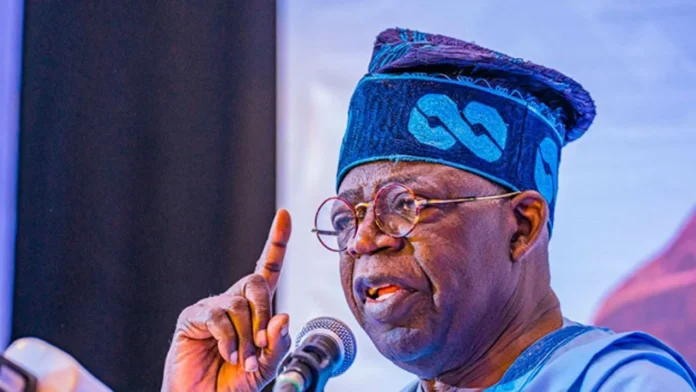In a move aimed at upholding the principles of fairness and national unity, President Bola Tinubu has ordered a comprehensive review of the recently announced governing boards of tertiary institutions across Nigeria.

This directive comes in response to widespread concerns over the lack of adequate representation and adherence to the constitutionally enshrined principle of federal character in the initial nominations.
The Federal Ministry of Education had recently released the names of nominees for chairmen, pro-chancellors, and members of the boards and councils of universities, polytechnics, and colleges of education. However, public reactions quickly highlighted glaring disparities, with some states receiving only a single nomination while others received multiple appointments.
Acknowledging the validity of these concerns, President Tinubu swiftly intervened, directing a thorough review of the list of members before their planned inauguration and retreat scheduled for May 31. The review aims to ensure strict compliance with the principle of federal character, which mandates fair and equitable representation of all states and regions in the country’s governing bodies.
Bayo Onanuga, the Special Adviser to the President on Information and Strategy, emphasized Tinubu’s commitment to upholding the constitution and ensuring that every part of the country is adequately represented in the governing boards of tertiary institutions.
“President Tinubu is deeply committed to ensuring strict compliance with the principle of federal character as entrenched in the constitution,” Onanuga stated. “The review will not only consider national representation but also ensure that every state and region of the country receives its fair share of appointments.”
The decision to review the nominations has been widely welcomed by stakeholders across the nation, who view it as a positive step towards promoting inclusivity, fairness, and national unity. Education experts and civil society organizations have applauded the President’s swift intervention, highlighting the importance of diverse representation in the governance of tertiary institutions.
“Diversity and inclusive representation are crucial for effective decision-making and fostering a sense of belonging among all Nigerians,” said Dr. Aisha Bello, a prominent education advocate. “President Tinubu’s directive sends a strong message that his administration is committed to upholding the principles of equity and fairness.”
The comprehensive review process will involve a thorough examination of the nominees’ backgrounds, qualifications, and regional representation. It is expected to ensure a balanced and representative composition of the governing boards, reflecting the rich cultural and ethnic tapestry of Nigeria.
By taking this proactive step, President Tinubu has demonstrated his commitment to addressing concerns raised by the public and upholding the principles of good governance. The review process is seen as a crucial step towards promoting national cohesion, fostering trust in the government’s decision-making processes, and ensuring that the tertiary education sector benefits from diverse perspectives and experiences.
As the review unfolds, stakeholders eagerly anticipate the outcome, hoping for a fair and inclusive composition of the governing boards that will drive the tertiary education sector towards excellence and serve the best interests of all Nigerians.




